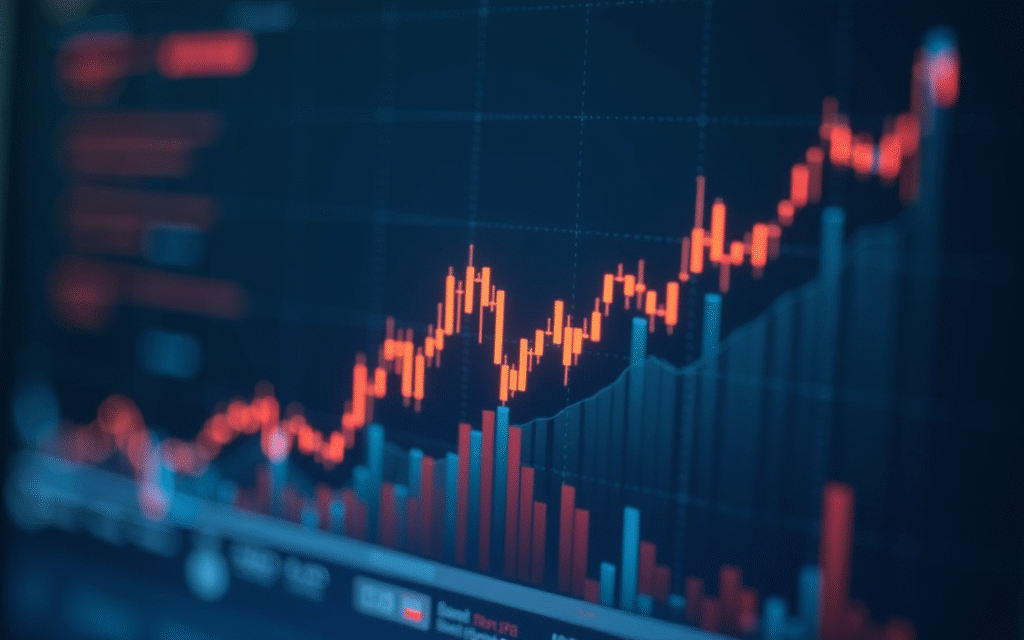
Argentina made its return to global debt markets this week, selling its first significant bond in seven years.
The $1 billion offering, priced in pesos but directed at overseas investors, received significant demand (approximately 1.7 times the issue cap), indicating preliminary global investor confidence.
According to Reuters, the five-year bond is repayable in pesos, and investors can quit after two years.
The action is viewed as a significant step in restoring Argentina’s financial credibility following years of economic turmoil and default risk.
The offering, however, came at a high cost. The bond yielded 29.5%, well above early market expectations of roughly 25%.
The increased yield indicates that, while investor interest is returning, considerable concerns remain about inflation, fiscal stability, and Argentina’s capacity to meet future obligations without a fresh catastrophe.
Milei faces high stakes
The bond sale comes at a crucial time for President Javier Milei. Since ascending to power, Milei has vigorously pushed a libertarian economic makeover, attempting to undo years of populist economic management.
His administration has reduced public spending, relaxed capital controls, and initiated negotiations with international organisations.
Inflation, which previously exceeded 270% yearly, has been lowered to slightly under 50%.
Despite over 40% of the people living in poverty, Milei has received significant domestic support.
His political capital, however, may be tested as Argentina prepares for important legislative elections in October.
Investors and institutions, including the International Monetary Fund, are closely watching the recovery to assess whether it is sustainable or vulnerable to setbacks driven by political or social pressures.
IMF program and the dollar debt horizon
Argentina’s current bond issuance is in line with the IMF’s continuing $20 billion credit package.
The initiative envisages a gradual return to international capital markets, culminating in the issuing of dollar-denominated sovereign debt.
That goal remains unachievable for the time being, as investor demand for dollar bonds remains low due to macroeconomic uncertainty and currency volatility.
With nearly $300 billion in total debt, $60 billion of which is in foreign currency, Argentina’s ability to obtain affordable dollar financing remains important.
Economists consider the recent bond issue a welcome step forward, but they caution that more structural changes and macroeconomic stabilisation are required before foreign-currency markets fully reopen to the country.
Currency and inflation risks persist
The peso has fallen by nearly 9% against the dollar since April, when capital controls were partially removed.
Meanwhile, Argentina has pledged to increase net international reserves by $4.4 billion by mid-June, a target that many experts are suspicious of, given that reserves were negative as recently as December.
Yields on other peso-denominated products reflected market uncertainty. Long-term peso debt prices dipped on Thursday, raising the 10-year yield to around 27%.
Analysts ask how such high rates can be sustained in the face of lowering inflation.
If inflation continues to fall near the government’s 10% objective over the following two years, these rates may become unsustainable, compelling the government to resort to money creation and restoring inflationary pressures.
The post Argentina’s $1B peso bond signals renewed interest, but yields reflect lingering doubts appeared first on Invezz
https://invezz.com/news/2025/05/30/argentinas-1b-peso-bond-signals-renewed-interest-but-yields-reflect-lingering-doubts/


